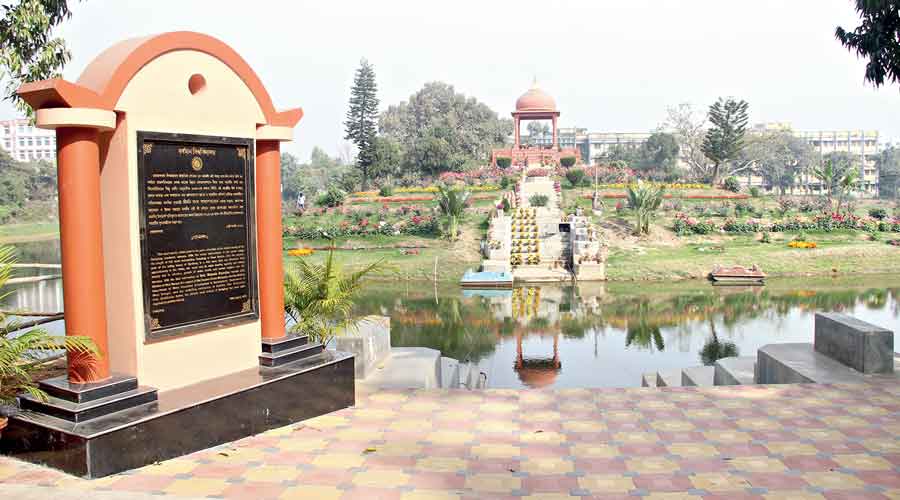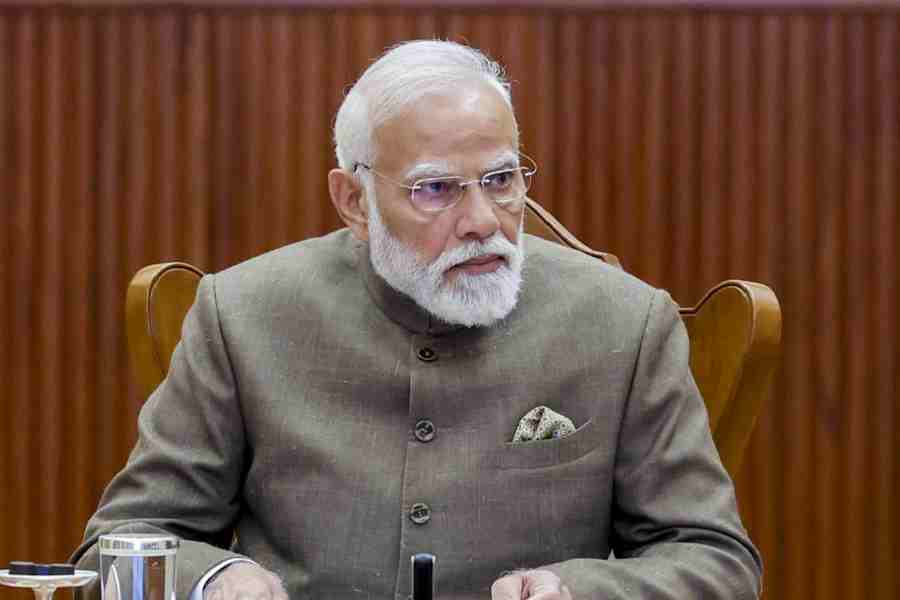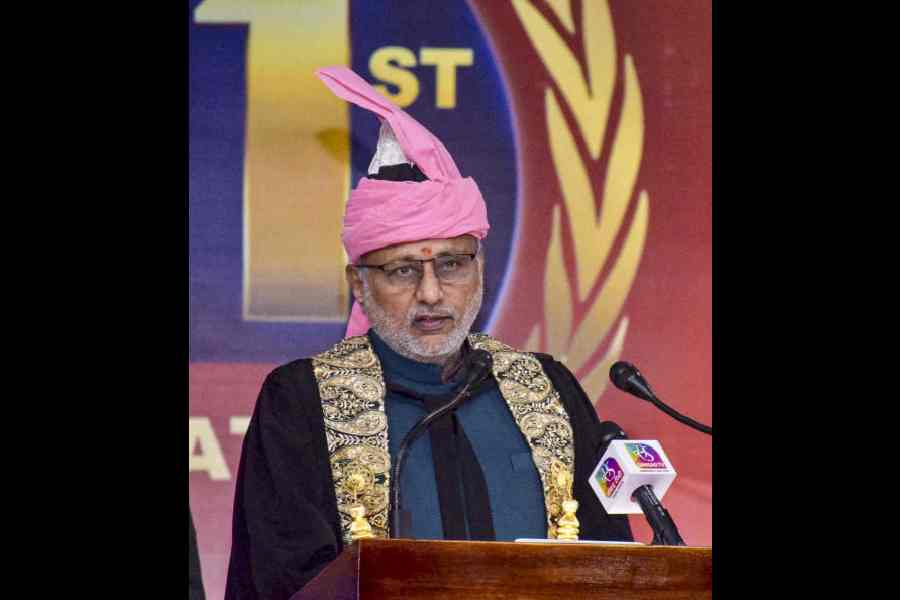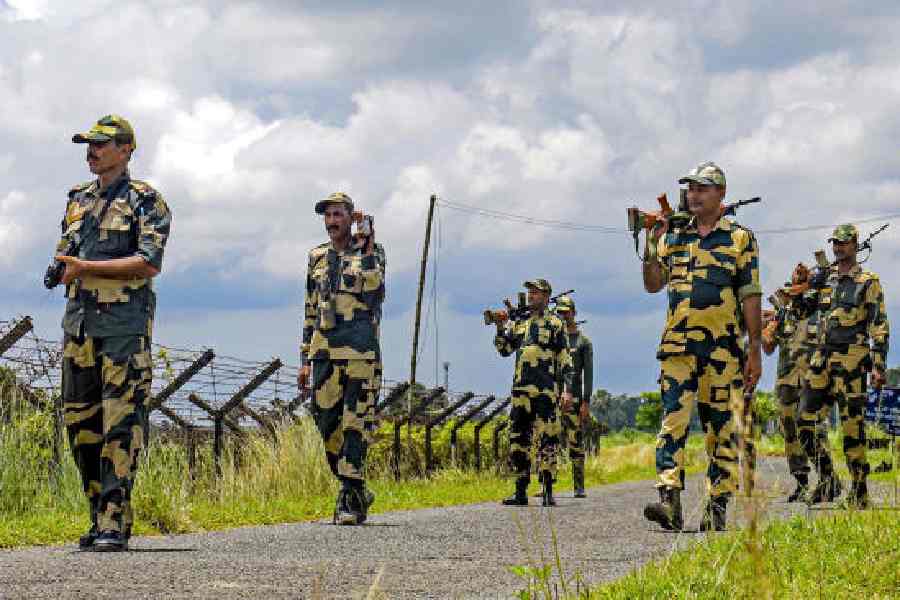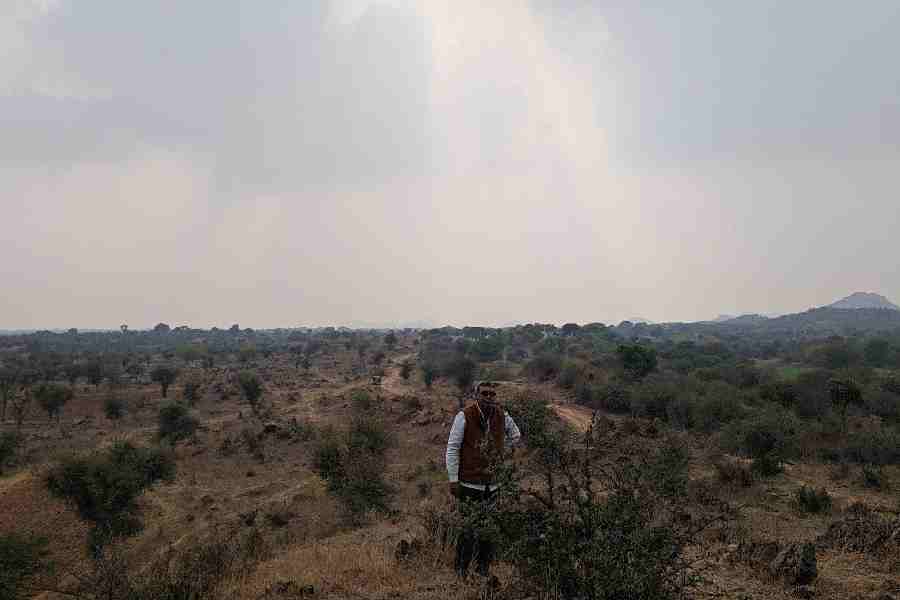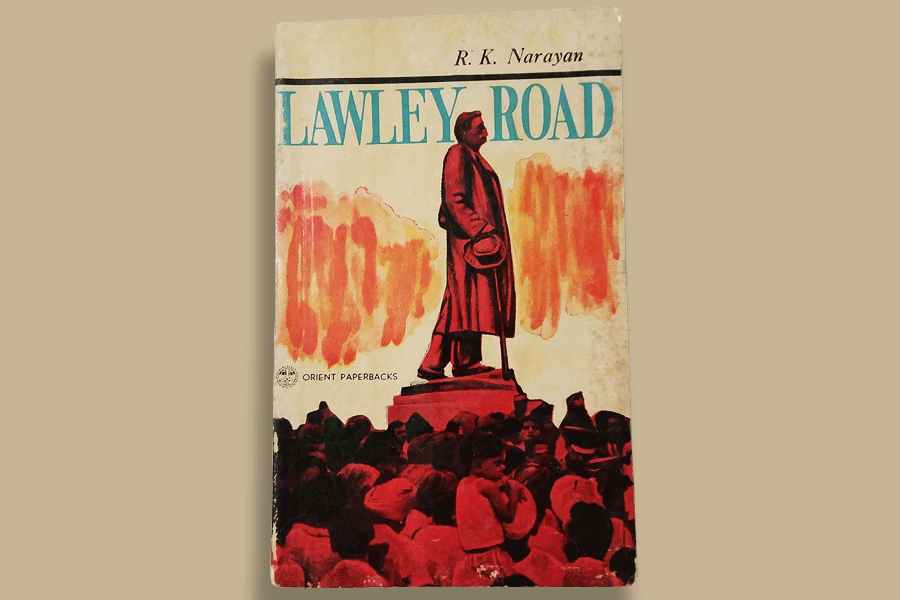The Bengal government will set up an eco-tourism framework in the form of gardens and cottages amidst 200 fisheries department-owned wetlands across the state.
An additional director of fisheries posted in Calcutta sent an order to all district officers and assistant directors on December 9 asking them to list the waterbodies around which land is available and where eco-tourism centres can be set up jointly by the tourism and fisheries departments.
Officials said the plan was envisioned after chief minister Mamata Banerjee directed the fisheries department to take initiatives to help increase the government’s revenue inflow.
“It is the wish of our chief minister given that we have many large wetlands across the state. People are now willing to explore different tourist locations and stay there. We are focusing on setting up eco-tourism hubs at Digha, Frazerganj and Santiniketan,” said Akhil Giri, the fisheries minister.
The fisheries department order has directed officials to give priority to waterbodies located in areas of “historical importance”.
“…Prepare a list of wetlands or water bodies where land is available alongside that may be utilised towards promoting eco-tourism, erecting cottages for tourist accommodation and also promote angling among tourists in a joint venture with the tourism department, government of West Bengal. Land areas possessing historical importance should be considered with due importance,” the order says.
Sources said the fisheries department had around 300 such wetlands across the state, all of which were primarily used for pisciculture.
Officials in the fisheries department said that if such eco-tourism projects came up, those areas would generate more income for the government without hampering the production of fish.
According to the sources, the tourism plan was among steps the government was taking to generate additional revenue in light of a reported shortfall caused by recent public-benefit schemes.
“The Lakhsmir Bhandar scheme alone will cost the government Rs 16,000 crore a year. In such a situation, the government has no other option but to generate new avenues of revenue,” a senior official said.
The order further states that all districts would have to send preliminary data on available options for eco-tourism by December 15. Once this information is received, the government will float tenders and initiate groundwork.
The officials said that according to the initial plan, the fisheries department would send specific lists of places fit for setting up tourism facilities. They said the fisheries department planned to grant Rs 100 crore to set up at least five such projects. “Once those projects yield good results, work on the second phase will begin,” a source said.

